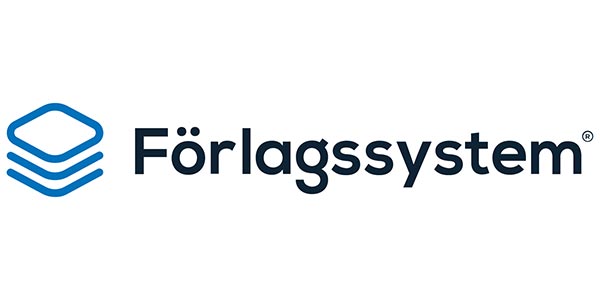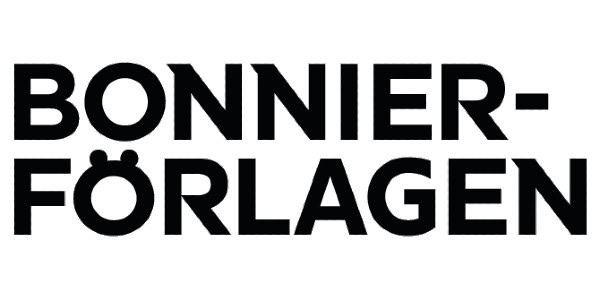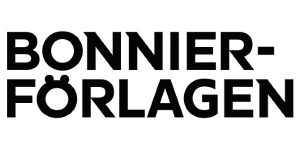
Unicorns in Moderation: Gender and Epistemology on Stack Overflow

| Serie | Gothenburg Studies in Educational Sciences |
|---|---|
| Författare | |
| Förlag | Acta Universitatis Gothoburgensis |
| Genre | Samhälle, politik och debatt |
| Format | Häftad |
| Språk | Engelska |
| Antal sidor | 162 |
| Vikt | 532 gr |
| Utgiven | 2024-03-15 |
| ISBN | 9789179631659 |
Stack Exchange is a global knowledge sharing platform centred around programming, computer science, and a variety of other topics. It is a ubiquitous resource for coders and programmers. Knowledge sharing platforms, like Stack Exchange, are increasingly part of informal professional learning, and make professional knowledge accessible to people across the world. However, the platform has several persistent issues, like the under-participation of women and gender minorities. Given the ubiquity of the platform, and its positioning in recognising the expertise of programmers, there is an urgent need to understand how and why gendered participation patterns are reproduced in this environment. Female participation in computer science and engineering has long been a subject of academic research. This thesis extends this line of research to cover female, non-binary, and trans experiences of participating in the online production of programming and coding knowledge. The title of the thesis, Unicorns in Moderation, has multiple meanings: it refers to the ‘unicorn’ success of a technology platform; the unique way in which of Stack Exchange’s approach to moderation combines platform affordances, volunteer moderation, elected moderation, and automation; and the relatively low participation of female and non-binary members. Using a hybrid approach to digital ethnography, drawing on a mixture of interview, observation, document analysis and data analysis, I explore the gendered issues that are produced and reproduced on Stack Exchange. I find that the language policies on Stack Exchange are central to the reproduction of gendered discrimination and find that this is exacerbated by the gamified approach to content moderation. I also find that it is difficult for users to have measured discussions about gender-based discrimination on the platform due to the lack of recognition for embodied knowledge. From this, there is great potential to understand how online professional learning and knowledge sharing environments might avoid reproducing gender-based discrimination. Future research could extend this by observing how communities on emerging user-coordinated platforms, such as Slack and Discord, manage professional knowledge creation and documentation practices and how these practices are institutionally coordinated. The thesis has three main contributions. The first a theoretical contribution, by applying contemporary social epistemologies, such as epistemic ignorance, to digital contexts. The second is in the methodological design, which brings together a mixture of digital and conventional methods under the banner of institutional ethnography. The third is an empirical contribution, shedding new light on the discourses of gender on platforms. This compilation thesis comprises an extended history of Stack Overflow, three empirical papers, and one methodological paper. Paper 1, Writing the Social Web, argues for how digital platforms can be understood as institutional settings. Paper 2, Gaming Expertise Metrics, explores how the platform mechanics on Stack Overflow reinforce existing masculine hierarchies in programming. Paper 3, No Room for Kindness, examines the codification of communication on Stack Overflow, using interviews, policy texts, and social media data to explore the relations that prevent politeness on the platform. Paper 4, Silencing Tactics, discusses how queer issues are discussed in the Stack Exchange community, and how these issues are minimised through the mechanisms of epistemic ignorance.
























